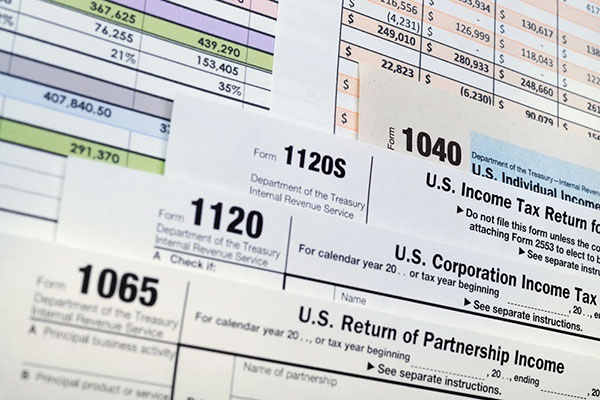Did you know the IRS classifies your Homeowners Association (HOA) as a corporate entity, a classification that means your HOA has an unextended tax-return due date of March 15 for the calendar year? If not, below is some valuable information on filing the right hoa tax forms before the swiftly approaching deadline passes.
Form 1120
Most corporations are required to file Form 1120. However, filing this form has several challenges for HOAs. For one, the form is long and tedious. If your HOA has a volunteer treasurer who manages the community’s finances, completing Form 1120 could easily prove overwhelming. Furthermore, even if you outsource the completion of the form, you will be paying a provider of HOA management services several costly labor hours to complete it.
Another issue with filing Form 1120 is that all of an HOA’s income is generally taxable, as is the case with standard corporations. Funds that were collected during the year and not set aside to spend on the community (e.g., road maintenance and ground maintenance) will be taxed. Finally, filing Form 1120 could result in the IRS requiring your HOA to make estimated tax payments during the year.
Form 1120-H
If you feel disconcerted after reading about Form 1120, you will be glad to hear there’s a better alternative. Instead of filing Form 1120, many HOAs can file form 1120-H, an income tax form specifically designed for association-governed communities. Unlike the challenging Form 1120, Form 1120-H is a single page tax document that’s remarkably easy to complete. However, there are two prerequisites an HOA must meet to be eligible to file the form.
- No more than 60 percent of the HOA's annual revenue must be "exempt-function income”, such as income used for maintenance and repair.
- Ninety percent of the HOA’s expenditures must be for management, maintenance, acquisition, and construction of HOA property.
If your community qualifies for Form 1120-H, only its non-exempt income will be taxed. Non-exempt income includes interest and dividends, rental income the HOA earns from owned property, and income from vending machines. Form 1120-H also allows HOAs to make a $100 deduction from non-exempt income to arrive at taxable income, after which an HOA’s non-exempt income is taxed at a flat rate of 30 percent.
Start the Filing Process Today
The tax deadline for HOAs is swiftly approaching. If your community has not filed a tax return, consult with a provider of HOA management services about filing Form 1120-H. Filing this form instead of Form 1120 can result in a reduced tax burden.





